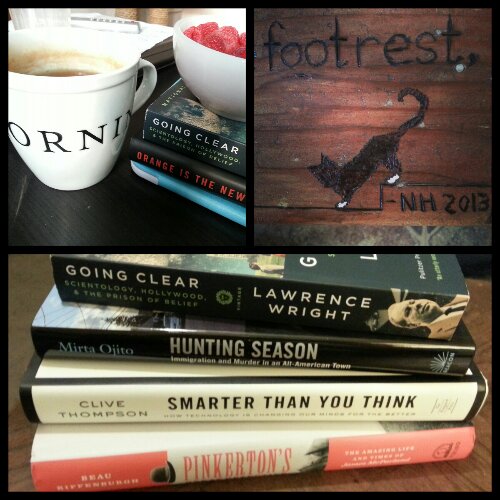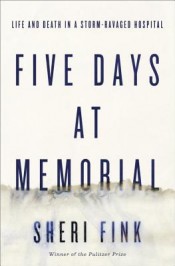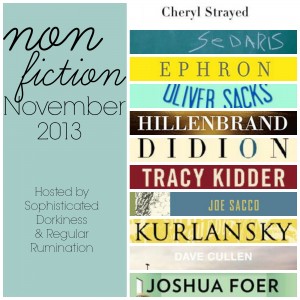
Happy Friday! Week two of Nonfiction November, a month-long celebration of nonfiction I’m co-hosting with Leslie of Regular Rumination, has come to a close.
Thank you so much to everyone who’s embraced the event and decided to participate, as well as the readers who have been out checking on each of the posts and leaving their comments. The participation so far has exceeded even the wildest expectations I had for this month.
Here’s a quick wrap-up of all the posts that were submitted. I think I’ve read and commented on them all, but if I missed yours I sincerely apologize!
First up, many people shared their expertise on a variety of topics:
- Bookmammal shared 10 wonderful books about books, a favorite genre of all nonfiction lovers, I suspect. She also shared a list of books that deal with education, which all look amazing.
- Julie at Julz Reads showed off her expertise about the Romanovs, the last Tsar of Russia and his family who were famously killed during World War I. But there’s a lot more to their story than that!
- Sarah at The Everyday Reader shared her favorite books about France, some pop-anthropology books on her TBR, and asked for some nonfiction about ancient Egypt and Egyptology. Can anyone help her out?
- Andi at Estella’s Revenge showed off her knowledge of foodie nonfiction with a bunch of awesome selections, from light-hearted to serious.
- Hillary at A Horse and a Carrot shared a list of books about medieval England, including several really fun biographies and a couple suggestions for history beginners.
- Monica at A Lovely Bookshelf shared a couple of book lists about classical music, a wonderful mix of history, biography and contemporary options.
- Katie and Doing Dewey put together a list of great popular science books — some great options for people who feel intimidated by science nonfiction.
- Shannon at River City Reading focused on American history, specifically books that looked at post-WWII America.
- Tanya at 52 Books or Bust shared some of her favorite books that combine narrative with recipes, specifically recipes for Indian food. True story, I already ordered one of these books based on her recommendation — thanks!
- Vasilly at 1330v wrote about one of my favorite emerging genres of nonfiction, graphic non-fiction (you know, comic books).
- Wendy at Caribousmom shared some of her favorite books about working dogs, which is such a cool topic that I would have never thought to read about.
- Melissa at The Feminist Texan Reads put together a list of memoirs “or memoirish writings” from people of color.
- Cindie from nonfictionado (possibly the best blog name in the world) shared some books on a topic near and dear to my heart, wine!
- Mark and Maphead’s Book Blog shared a list of books he’s planning to read to be come more enlightened about The Age of Enlightenment (bad puns, ftw!).
- Stacy at Stacyverb worked on a list of several of the best books about knitting for a variety of experience levels.
- Karen at Candid Diversions put together a massive reading list for a crash course in Word War II. I tend to avoid WWII books, but I still added some to my TBR.
- Joy at Joy’s Book Blog shared some thoughts on the much-maligned sub-genre of diet books, including some thoughts on what makes them effective.
This week we also has a few shared reviews:
- Joy at Joy’s Book Blog shared several great reviews this week: Relish by Lucy Knisley, Brave Genius by Sean B. Carroll, and What the Plus! Google + for the Rest of Us by Guy Kawasaki and
- April at The Steadfast Reader offered an endorsement of John Adams by David McCullough. I’ve always been intimidated by that book (no idea why), but April made it sound great!
- Shannon at River City Reading shared a review of Master of the Mountain: Thomas Jefferson and His Slaves by Henry Wieneck.
- Julie and JulzReads published a review of Her Majesty’s Spymaster by Stephen Budiansky.
Thank you, thank you, thank you to everyone who has participated this week. If you haven’t checked out these posts, please do — there are a ton of great books to learn about.

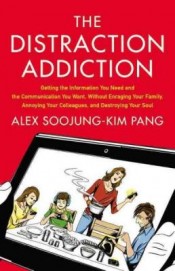

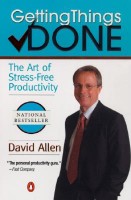 Getting Things Done: The Art of Stress-Free Productivity
Getting Things Done: The Art of Stress-Free Productivity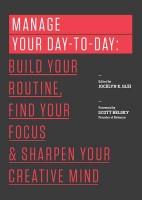 Manage Your Day-to-Day: Build Your Routine, Find Your Focus and Sharpen Your Creative Mind
Manage Your Day-to-Day: Build Your Routine, Find Your Focus and Sharpen Your Creative Mind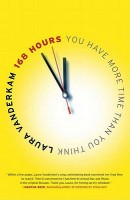 168 Hours: You Have More Time Than You Think
168 Hours: You Have More Time Than You Think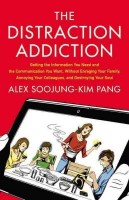 The Distraction Addiction
The Distraction Addiction